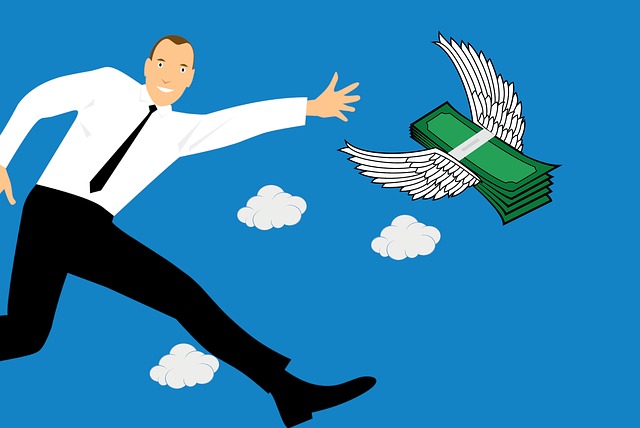According to economist Bernard Baumohl, one of the most pressing problems for the future of the US economy and the hotel sector is how far the Federal Reserve is ready to push its strategy to raise interest rates and reduce inflation. Baumohl at The Economic Outlook Group remarked during The Lodging Conference’s “Economic Outlook” session that the Federal Reserve has likely done enough and that inflation is already on the way down.
“What we are now beginning to see already in some of the data is an inflection point on inflation and the beginning of what we suspect will be a long-term downward trajectory on inflation,” he said. “I think the worst is over.”
Baumohl recognized Fed policy as one of three major determiners of economic growth in 2023 and 2024, along with the general geopolitical picture highlighted by Russia’s invasion of Ukraine and how governments across the world will embrace COVID-19 laws.
In the end, the most plausible economic scenarios are lowering gas costs, a stable labor market, and the currency losing some value which will result in a solid travel prognosis for the next two years. He believes this will be true even in the event of a recession. So according to Baumohl, persistent confidence will support continued leisure travel, but he predicts at least an incremental increase in business travel.
“From the business surveys that I’ve seen, corporate spending on travel is about 50% to 70% of what it was in 2019,” he said. “I expect those percentages to increase over the next couple of quarters, but [it will be] gradually. Certainly, more slowly than leisure travel.”
Baumohl stated that his organization forecasted three alternative economic trajectories dependent on the consequences of Russia’s war in Ukraine. He believes the battle will conclude in the first half of 2023, which offers the most positive economic picture, particularly in Europe. The economic costs of this conflict will be felt by Russia, which has seen its GDP collapse to less than that of Mexico.
However, the two alternative possibilities being studied are “more ominous,” including the prospect that the war lingers on for a few years or, even worse, that it spreads to other nations in eastern Europe, attracting NATO forces. The worst-case scenario, combined with what he believes will be terrible economic decisions by China, would result in enormous economic suffering both internationally and in the United States.
Different countries are dealing with the COVID-19 pandemic in different ways, with the United States and Europe better prepared to deal with new strains than less-developed countries that are still currently lacking in vaccines. He noted that widespread, stringent lockdowns like those observed in China are unlikely to be economically possible in the future.

















More Stories
Poland’s High-Tech Border Revolution: EES Ushers in New Era
Mexico’s 2026 Luxury Hotel Explosion: Caribbean & Pacific Gems
Greece Blends History & Flavors: Gastronomy Tourism Revolution